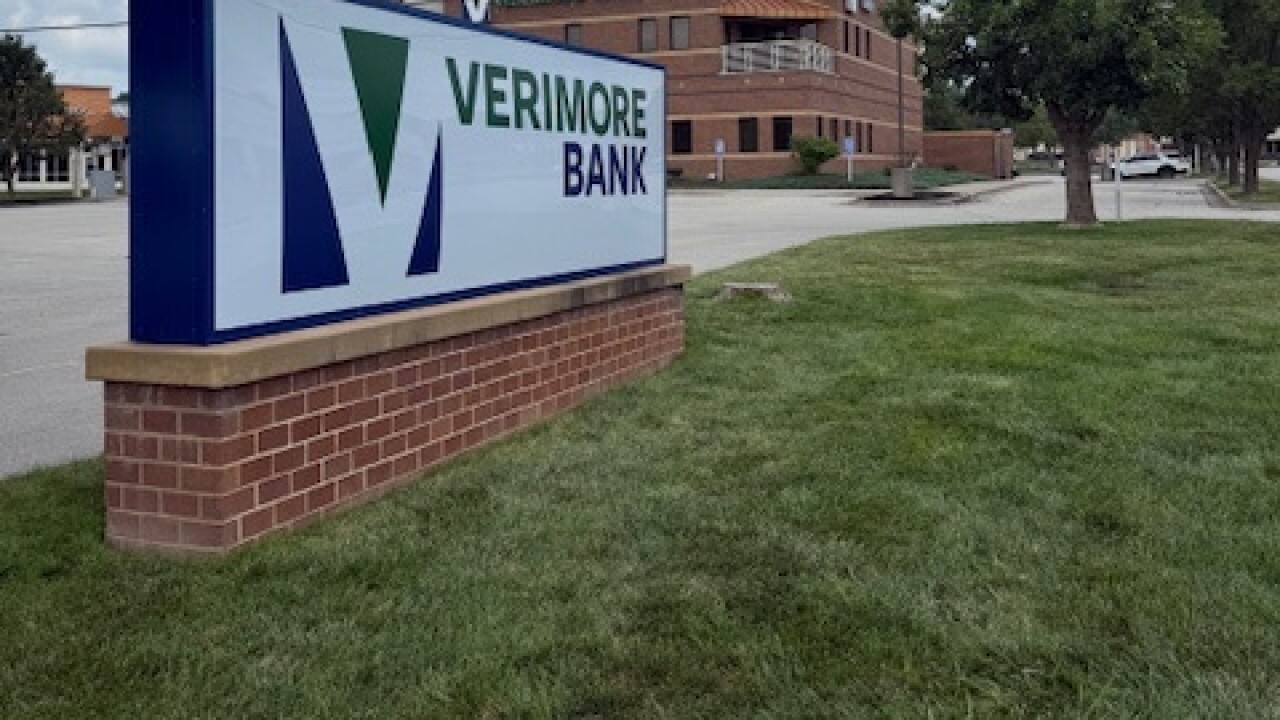For the record, Amsouth Bancorp chief financial officer Sloan Gibson does not regret at all the company's decision a year ago to merge with First American Corp.
A year's worth of work managing the integration of the two banks - an integration that by all accounts has gone quite smoothly - has left some scarring. In the months following the merger announcement, Amsouth's stock price was halved by a Wall Street audience whose fear of mergers has been rivaled only by its distaste for financial stocks.
"The last year's been pretty frustrating for us," Mr. Gibson said. "We have moved farther and faster, I think, than any other large bank merger integration. If you look at Firstar - Star and Mercantile - I think they are still doing some integration and conversion work there, and they are known for being exceptionally good at execution on merger integration.
"We did not get credit for the strength of the management team at this company and the track record of execution of the management team."
At first, investors' caution was justified. When it chose First American, Amsouth did not merely embark upon a dreaded merger of equals. It tapped a partner that had just endured a messy combination of its own with Deposit Guaranty. Analysts quickly speculated that any failure in working through the terms of the deal could make Amsouth itself a target. Employees were also concerned.
"There was skepticism," Mr. Gibson said. "There were a lot of folks, especially in the Deposit Guaranty footprint, saying, 'We've heard this before,' and that continued up until the first conversion in Louisiana."
Amsouth's plan for preventing problems in employee morale and customer retention involved a staged integration of the two banks' systems, starting with Louisiana, the smallest of the markets to be joined, and progressing to larger markets, culminating with Kentucky and Tennessee, where work wrapped up last month.
Every step of the way, Amsouth operated under a microscope.
"One of the things we learned was that analysts would go out on the Internet and they would look for newspaper articles in the major dailies in the cities that we had just converted over the previous weekend to see how the press treated us," Mr. Gibson said.
But even after each stage of the integration proved a success, investors treated Amsouth like a pariah - which of course undermined Mr. Gibson's ability to convince shareholders that the deal was a smart move.
"We saw this and see this as a great transaction for shareholders, but it's pretty hard to argue that when the market punishes you to the degree that we've been punished," he said.
Finally, with the last of the conversions completed, Amsouth delivered its annual briefing to analysts to deliver the good news. Having managed the conversion from Tennessee, Mr. Gibson was heading back to the Birmingham, Ala., home office. And Amsouth, free from its period of stock buyback restrictions after the pooling-of-interests merger, set plans to repurchase up to 35 million shares.
Last Friday, Amsouth's share price climbed above 20 for the first time this year. It surely felt good. Still, a year ago Amsouth was in heady territory, with a share price comfortably in the 30s and stock splits in three straight years, a string likely to end this year.
Amsouth, which divested a handful of Arkansas branches in the integration, continues to examine its structure and operations, Mr. Gibson says. But he's quick - and careful - to stress that there's no chance the bank will undertake a similar deal anytime soon.
"I want to be absolutely unequivocal on this. We are not looking at doing anything by way of an acquisition, not a line-of-business complement, not a fill-in, not another bank, anything," he said. "Our focus is 100% on execution."
Any lessons for other banks from Amsouth's experience may be of limited application. If the company had back luck in timing its merger, it also had reason to believe waiting was not an option.
Said Mr. Gibson: "If, as everybody expects, pooling accounting goes away, the M&A casualty that we will see will be this kind of a deal: combinations of comparably sized institutions."
Not that he's doing much shopping these days.





